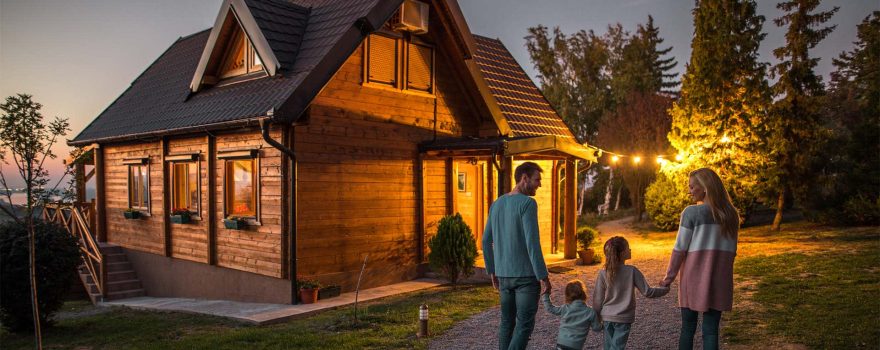
Yesterday, Airbnb made a huge announcement: Officially banned parties hosted in properties listed on its platform.
“We know that the vast majority of our Hosts share their homes responsibly, just as the vast majority of guests are responsible and treat their listings and neighborhoods as if they were their own,” the company said in a statement. “In turn, we focus on trying to prevent the very rare occasions when Hosts act inappropriately or when guests attempt to host unauthorized parties.”
For this reason, the company explained that in August 2020 it announced a temporary ban on all parties and events for global listings.
“The temporary ban has proven effective, and today we are officially codifying the ban in accordance with our policy,” Airbnb said.
This announcement may seem surprising to many, especially because it could easily send customers who want to take home parties working for Airbnb’s competitors.
But I contend that this ad is actually brilliant, and the reason comes down to the opening sentence of Airbnb’s official statement:
“At Airbnb, we believe that the neighborhoods and communities in which we operate are just as important as the Hosts and guests who use our services.”
Let’s break down why banning the Airbnb party is such a great idea, and what businesses everywhere can learn from it.
The real reason Airbnb bans parties
In the past, Airbnb said, it allowed hosts to use their best judgment when hosting parties, given what suited both their home and their neighborhood. However, the company soon saw the need to tighten measures to ban “open invitations” from parties that had become “trouble neighbors.”
Then, as the pandemic took hold, the company noticed that people were hanging out more on its lists as bars and clubs were closed or boarded up. This led to the party’s initial ban, which was explained as “in the interest of public health.”
But Airbnb says the party ban will become much more than a public health measure, becoming “a foundational community policy to support our Hosts and their neighbors.” The company says the ban has been effective, resulting in a 44 percent year-over-year drop in party reports. Airbnb also says the ban has been well received by the host community and has led to positive feedback from community leaders and elected officials.
And that leads us to why the ad is such a smart business idea. Sure, Airbnb will attract some customers to competitors. But those aren’t the customers Airbnb wants.
Let’s go back to the key sentence highlighted earlier: “At Airbnb, we believe that the neighborhoods and communities in which we operate are just as important as the Hosts and guests who use our services.”
Airbnb knows that in order to succeed as a company, it must make not only most of its hosts and customers happy, but also the neighborhoods in which those properties exist. Without that support, Airbnb would face an uphill struggle that would continue to threaten its existence – similar to what companies like Uber have faced over the past decade.
In contrast, with the party’s new official ban, Airbnb is sending a clear message: “We want to be good neighbors.
It’s a win-win for everyone. Targeted hosts who quietly make money for themselves and Airbnb without causing major problems won’t mind the party ban. Neighborhoods and communities with Airbnb properties will be happy that there are no violations. And target Airbnb customers, the vast majority of whom use the service for more than just large parties, will do business as usual.
But what about customers who want to host large parties? Simply put, Airbnb will be happy to say goodbye. The reward just isn’t worth the risk.
What your business can learn from all this
First of all, it is important to identify all the major stakeholders in your business interests. Remember, your shareholders are bigger than your customers; they are all people with an interest or concern in your business.
Airbnb identified the communities and neighborhoods on their lists as a major stakeholder because those communities had the power to limit Airbnb’s success. Who has similar power over your business? Is it also your neighbors? Perhaps it’s other companies you’ve partnered with, or the government. Clearly identifying these stakeholders can help define your strategy, giving you the best chance of success.
Second, you need to remind yourself that not every customer is your target customer. Sure, it hurts to lose potential revenue; but you need to see beyond the short-term benefits. Will the customer cause you to lose other customers? Will they cause undue stress to your employees? Will they hurt the business more than they help it? If the answer to any of these questions is yes, it may not be a customer worth keeping.
So, as you develop a comprehensive strategy for your business, keep these lessons from Airbnb in mind. Because scaling to see the big picture can mean the difference between a company’s success and a struggle it just can’t win.
